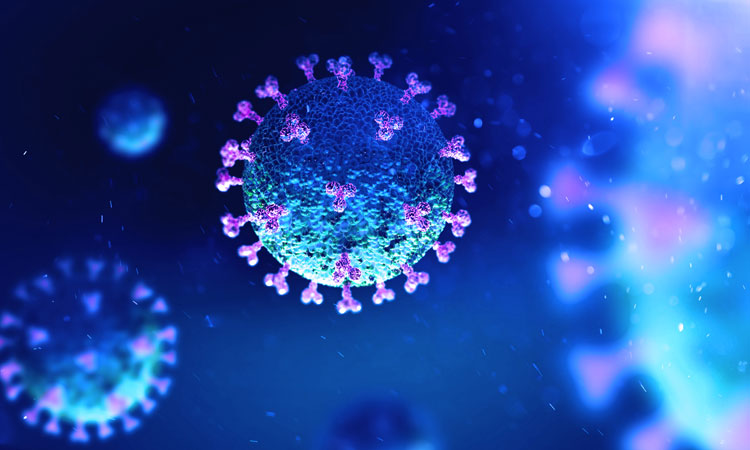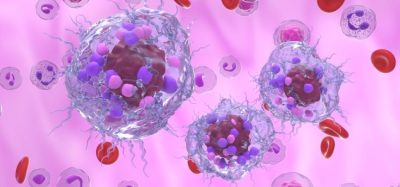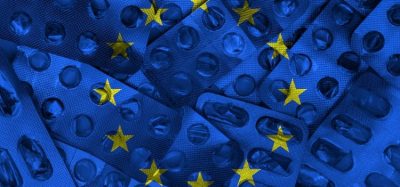Development initiated for a plasma-derived COVID-19 therapy
An anti-SARS-CoV-2 polyclonal hyperimmune globulin (H-IG) is being developed to treat infected, high-risk individuals with COVID-19.
Takeda Pharmaceutical Company Limited has announced that it is initiating the development of an anti-SARS-CoV-2 polyclonal hyperimmune globulin (H-IG) to treat high-risk individuals with COVID-19, while also studying whether its currently marketed and pipeline products may be effective treatments for infected patients. SARS-CoV-2 is the virus that causes COVID-19.
H-IGs are plasma derived-therapies that have previously been shown to be effective in the treatment of severe acute viral respiratory infections and may be a treatment option for COVID-19, said the enterprise.
“As a company dedicated to the health and well-being of people around the world, we will do all that we can to address the novel coronavirus threat,” said Dr Rajeev Venkayya, President of Takeda’s Vaccine Business Unit and co-lead of the company’s COVID-19 response team. “We have identified relevant assets and capabilities across the company and are hopeful that we can expand the treatment options for patients with COVID-19 and the providers caring for them.”
Takeda has said it is currently in discussions with national health and regulatory agencies in the US, Asia, and Europe to move the research into TAK-888 forward. This requires access to source plasma from people who have successfully recovered from COVID-19 or who have been vaccinated, once a vaccine is developed. These convalescent donors have developed antibodies to the virus that could potentially mitigate the severity of illness in COVID-19 patients and possibly prevent it, the company said.
H-IG works by concentrating the pathogen-specific antibodies from plasma collected from recovered patients or vaccinated donors in the future. By transferring the antibodies to a new patient, it may help that person’s immune system respond to the infection and increase their chance of recovery, it continued.
Because the plasma needed for TAK-888 is unlikely to come from current plasma donors, Takeda has said it will initially produce the therapy in a segregated area within its manufacturing facility in Georgia.
“Plasma-derived therapies are critical, life-saving medicines that thousands of people with rare and complex diseases rely on every day around the world,” added Dr Chris Morabito, Takeda’s Head of Research and Development, Plasma-Derived Therapies Business Unit.
In addition, Takeda has said it is exploring whether select marketed therapies and molecules in its drug library could be viable candidates for the effective treatment of COVID-19.










